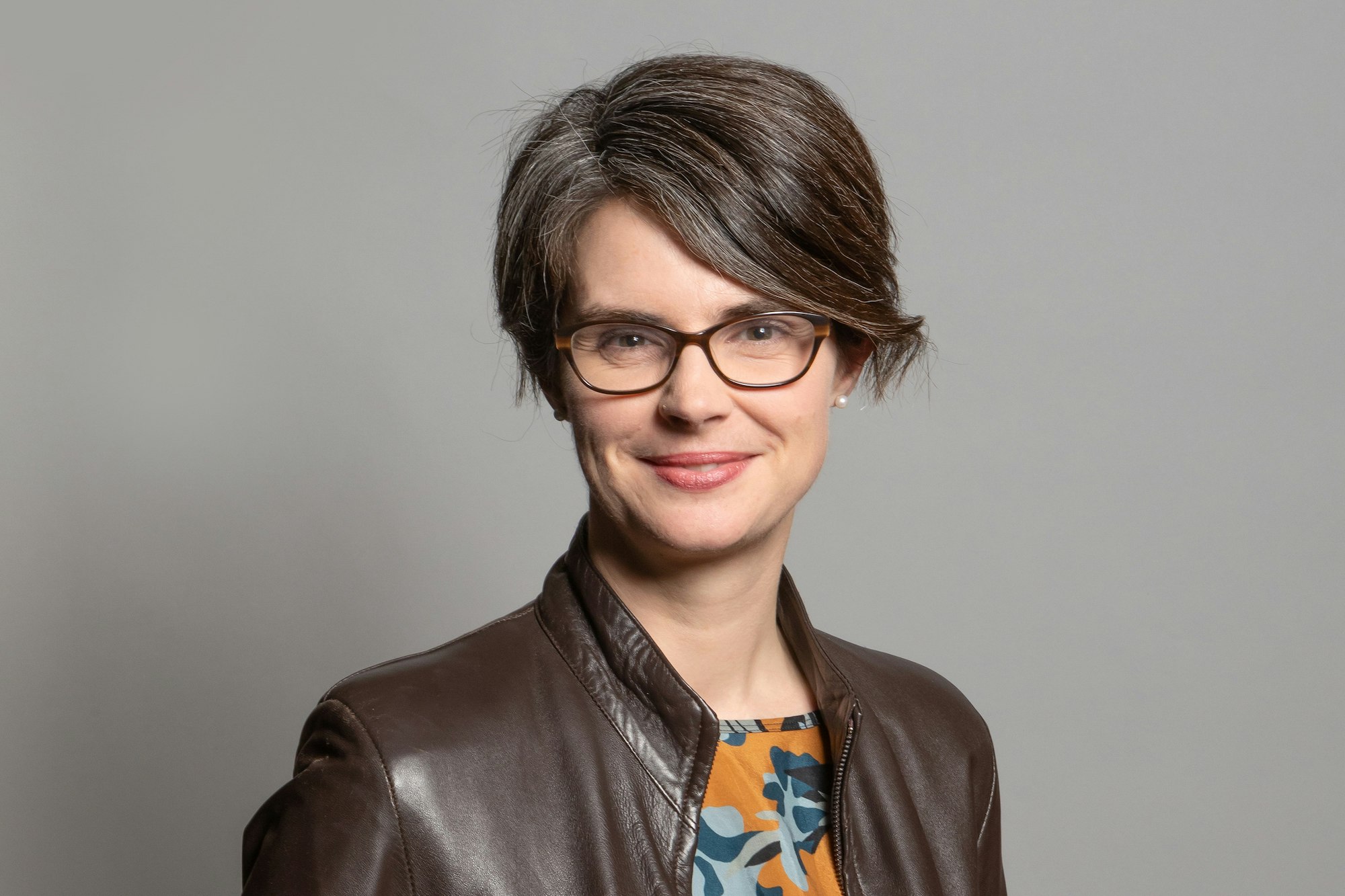When the UK government decided last year to award a key grant for startup support to Barclays, there was an outcry from the UK tech scene. A public grant to one of the world’s biggest banks?
But in an interview with Sifted, the exec who led the bid by Barclays Eagle Labs — the bank’s organisation to support entrepreneurs which is taking over the two-year grant — says it plans to match the £12m grant with circa £24m of its own cash split across the two years to add even more startup programmes, including one focused on Black-founded scaleups.
“When we’ve had feedback on our bid, we know the commercial value for taxpayers’ money was scored really highly,” David Hamilton says.
“There’s a need and want for the ecosystem to be more independently sustainable, so I think our new contract sets a great example of public and private partnerships,” he adds.
Barclays — which last week reported a £7bn profit before tax for the 2022 financial year — will expand funding readiness and female founder accelerator programmes, as well as adding two new product builder programmes a year. It says it can support more than 22k businesses with the grant.
And to alleviate ecosystem concerns about a large corporate taking over, Hamilton says Barclays is “not using this money to underwrite, offset, or co-fund any Barclays activity — the grant simply enables us to deliver additional activity.”
Hamilton says that supporting tech entrepreneurs is in Barclays’s interest as startups can play a “disproportionate role” in the growth of the UK economy.
Tech Nation’s demise
The £12m grant in question had originally been given to non-profit Tech Nation for its own funding readiness and accelerator programmes. The organisation worked with nearly a third of the UK’s 122 unicorns created since 2011 and, given it ran the UK’s global tech talent visa, was beloved of many a founder and operator who made the UK their home.
But Tech Nation — which made a £422,881 profit last year — wasn't able to survive without the key government grant. It will shut down at the end of March. Meanwhile, the Department for Digital, Culture, Media & Sport (DCMS) grant application invitation made it clear that it wanted the successful bidder to provide the programme “without ongoing reliance on public funding in future years”.
Founders and investors have told Sifted they doubt Barclays would be able to match the deep sector knowledge that Tech Nation had built over several years, but Hamilton insists on the scale and knowledge that Eagle Labs has built since launching in 2015.
Its original mission was to convert under-used Barclays office spaces around the UK into regional hubs for SMEs to work in, but he says that around 18 months in it morphed into focusing on entrepreneurship programmes. It currently has 38 regional hubs in the UK that support startups and scaleups with everything from funding to hiring and marketing.
Hamilton tells Sifted it’s committed to making sure at least 80% of the businesses it supports are non-London based — a focus that he said “massively resonated with DCMS”. According to its last annual report, 58% of the companies on Tech Nation’s 2021 programme were based outside of London.
Eagle Labs plans to ringfence £1m each in years one and two for its planned Regional Partnership Programme.
“This will see us work with local partners in the various regions around the UK to deliver hyperlocal programmes, which either take advantage of local ecosystem conditions, or mitigate challenges that exist in the respective ecosystems,” Hamilton says.
Partner programmes
Hamilton says another key pillar of Barclays’s pitch was its existing network of partner organisations across the regional hubs.
He declines to give Sifted any names of the partners Barclays will work with on delivering its programmes, but says they’re independent SMEs and are “most definitely not corporates”.
According to Eagle Labs’ website, its existing partners include organisations like Cambridge University’s Judge Business School; startup incubator CodeBase; Scottish women-only angel group AccelerateHER; and Canadian early-stage venture firm Panache Ventures, which works on building links between global startups and Silicon Valley.
The contract runs from April 1, 2023 and there’s potential for a third year extension, which would involve less cash. Tech Nation has begun redundancy proceedings for all its 70 permanent employees, and Hamilton tells Sifted that Barclays does not intend to hire Tech Nation’s former employees or partners. Barclays does plan to hire six more people to work on its programmes.
Programme structure
Barclays is going to use the grant to ramp up the number of startup programmes it runs. These will include:
Extending existing programmes
- Two additional Funding Readiness Programmes a year — Existing virtual three-month programmes focused on funding options.
- One additional Female Founder Accelerator cohort each year — Identical to the funding programme, but specifically targeted at women founders.
- Additional twelve-month Industry Bridge programmes, across sectors like AI and energy, connecting corporates and startups. Eagle Labs already runs a Bridge programme for EnergyTech.
New programmes
- Two new product builder programmes a year — Four-month programmes for creating and testing a minimal viable product.
- A new accelerator programme targeted at Black-founded scaleups each year, alongside Eagle Labs’ existing Black Founder Accelerator.
- Two new scaleup-focused programmes a year.
Other activity
- Developing an online tech entrepreneur “learning management system”.
- Doubling the amount of mentoring it offers through its partners.
- The regional partnership programme mentioned earlier (with the ringfenced £1m each year).
Amy O’Brien is Sifted’s fintech reporter. She tweets from @Amy_EOBrien and writes our fintech newsletter — you can sign up here.


